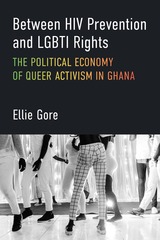6 start with G start with G

A classic in gender studies in music
Marcia J. Citron's comprehensive, balanced work lays a broad foundation for the study of women composers and their music. Drawing on a diverse body of feminist and interdisciplinary theory, Citron shows how the western art canon is not intellectually pure but the result of a complex mixture of attitudes, practices, and interests that often go unacknowledged and unchallenged.
Winner of the Pauline Alderman Prize from the International Alliance of Women in Music, Gender and the Musical Canon explores important elements of canon formation, such as notions of creativity, professionalism, and reception. Citron surveys the institutions of power, from performing organizations and the academy to critics and the publishing and recording industries, that affect what goes into the canon and what is kept out. She also documents the nurturing role played by women, including mothers, in cultivating female composers. In a new introduction, she assesses the book's reception by composers and critics, especially the reactions to her controversial reading of Cécile Chaminade's sonata for piano.
A key volume in establishing how the concepts and assumptions that form the western art music canon affect female composers and their music, Gender and the Musical Canon also reveals how these dynamics underpin many of the major issues that affect musicology as a discipline.
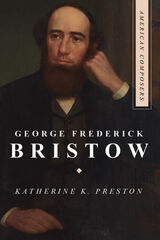
Vivid and richly detailed, George Frederick Bristow enriches our perceptions of musical life in nineteenth-century America.
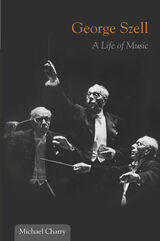
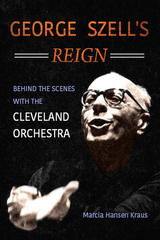
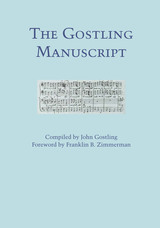
The rare and beautiful Gostling Manuscript is a primary source for the anthems of Henry Purcell and other major composers of the English Restoration period. Listed as missing since its sale to an anonymous buyer in 1935, the manuscript was eventually discovered in the Humanities Research Center at the University of Texas at Austin. This facsimile edition of the Gostling Manuscript (sometimes referred to by scholars as the "W. Kennedy Gostling Manuscript") made the document available to a wide audience for the first time in its history.
The anthems in this volume were assembled by the Reverend John Gostling, a celebrated bass soloist and an assiduous collector of the contemporary music of his day. His musical taste and editorial judgment, not to mention his skill as a copyist, were excellent. The Gostling Manuscript, completed around 1706, is considered essential for collating and editing some of the best anthems of the period. These sixty-four pieces, fair-copied in full score, include seventeen by Purcell; twenty-four by John Blow; four each by William Turner, Pelham Humfrey, and Jeremiah Clark; three each by Matthew Locke and Thomas Tudway; one by both William Child and Francis Pigott; and three arrangements by Henry Aldrich of anthems by Carissimi, Byrd, and Wise.
Gostling appended inscriptions to many of the pieces, giving the date and circumstances of composition, notes of considerable value to the musical historian. This folio-size facsimile edition will serve not only as an invaluable anthology but also as a unique and singularly helpful source of information about English musical life in the late seventeenth and early eighteenth centuries.
The foreword by Franklin B. Zimmerman provides a brief history of the Gostling Manuscript.
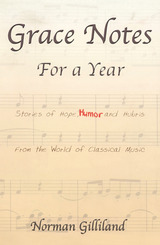
This irresistible collection of stories is perfect for anyone interested in a fresh perspective on what it means to be a human being who creates art. Grace Notes for a Year sheds light on the fragile and perilous process of inspiration, composition, and performance required to create classical music, whether the final product is a masterpiece or a mess. Each page of the book corresponds to a different day of the year and features a true story about a famous figure in musical history. These delightful anecdotes—inspirational, informative, and often hilarious—disprove the myth of the artist as untouchable. Instead, Norman Gilliland exposes in them human vulnerability we can all relate to. From Beethoven to Wagner, these artists suffered from poverty, spent lazy days in bed, had scandalous love affairs, and often failed in their creative endeavors as often as they succeeded.
READERS
Browse our collection.
PUBLISHERS
See BiblioVault's publisher services.
STUDENT SERVICES
Files for college accessibility offices.
UChicago Accessibility Resources
home | accessibility | search | about | contact us
BiblioVault ® 2001 - 2024
The University of Chicago Press






